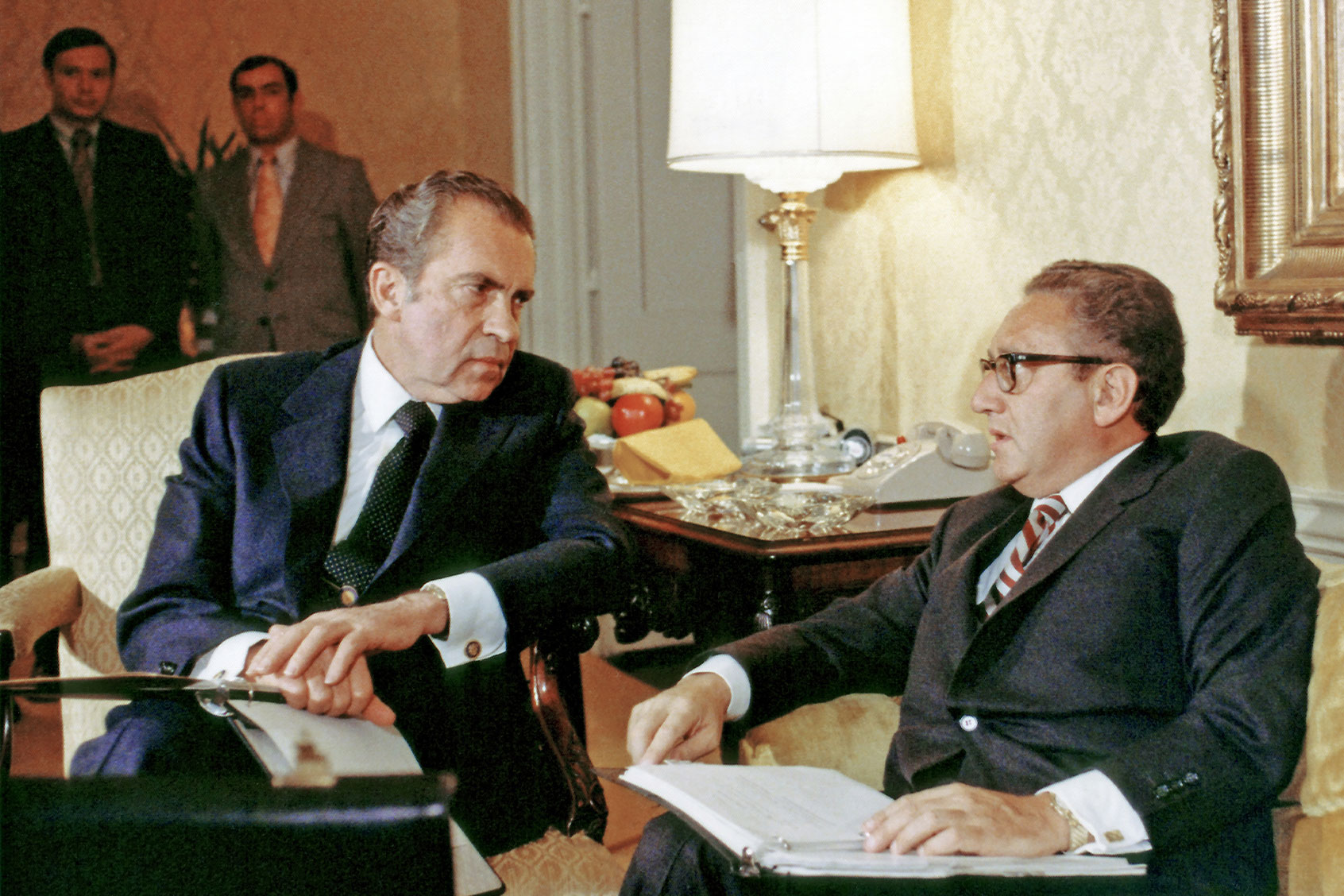A recent documentary titled “American Experience: Kissinger” premiered on October 27, 2023, offering a retrospective look at the legacy of former U.S. Secretary of State Henry Kissinger. While the film aims to provide insights into Kissinger’s role in shaping American foreign policy, it has drawn criticism for glossing over the more controversial aspects of his tenure.
The documentary revisits significant moments from Kissinger’s career, including the so-called “ping-pong diplomacy” with China and the nuclear arms limitation agreements with the Soviet Union. These highlights are presented in a nostalgic light, reflecting the era when many Americans viewed Kissinger as a pivotal figure in restoring peace and stability. For those who grew up during Kissinger’s time in power, the film serves as a reminder of the perceived successes in U.S. foreign policy, particularly the announcement of a potential ceasefire in Vietnam shortly before the 1972 presidential election.
Despite its nostalgic approach, “Kissinger” has been criticized for failing to provide a comprehensive examination of the consequences of his policies. Viewers may find the documentary lacking in depth, as it largely reiterates past narratives without introducing new evidence or perspectives. For instance, the film features familiar anecdotes from Kissinger’s aides and colleagues but does not delve into the Nixon administration’s more troubling decisions, particularly regarding the Vietnam War.
The film suggests that Kissinger’s primary motivation was to achieve peace and unity within the United States. However, historical records, including Nixon’s secretly recorded White House tapes, reveal a more complex picture. These tapes indicate that Kissinger and Nixon were more concerned with the political ramifications of their actions than with the well-being of the South Vietnamese people. The National Security Council’s reports from 1969 unequivocally stated that South Vietnam could not survive without U.S. military support, a fact that was consistently downplayed during public discussions about “Vietnamization.”
Kissinger’s approach to foreign policy has often been described as a Faustian bargain, marked by the belief that American interests could be secured at the expense of other nations. This perspective underpins many of the criticisms directed at his strategies, particularly in relation to the suffering inflicted on countries like Cambodia and Bangladesh. The documentary touches on these issues but does so in a manner that some viewers may find superficial.
Animation is used throughout the documentary to illustrate various events, including the antiwar movement and international negotiations. While this stylistic choice may appeal to some viewers, it risks trivializing serious historical events. The use of animation to depict the bombing of Cambodia, for instance, has been described as a “graphic self-own” that fails to capture the gravity of the situation.
Moreover, the documentary heavily features commentary from historian Niall Ferguson, who was selected by Kissinger as his authorized biographer. Critics have noted that Ferguson’s insights may not provide the balanced perspective viewers deserve, especially when discussing Kissinger’s decisions. The film’s reliance on his interpretations, without sufficient context regarding his close relationship with Kissinger, raises questions about its objectivity.
A more thorough examination of Kissinger’s legacy would address not only the international implications of his policies but also the domestic consequences. The documentary could benefit from a deeper exploration of Kissinger’s early life, including his experiences as a Jewish refugee in Nazi Germany, which shaped his worldview. An understanding of these formative experiences could offer viewers a more nuanced perspective on his later decisions.
Ultimately, “American Experience: Kissinger” serves as a reminder of the complexities surrounding one of the most controversial figures in American history. While it captures some of the triumphs associated with Kissinger’s career, it also underscores the need for a more critical examination of the costs associated with his foreign policy choices. As audiences engage with this film, the ongoing debate about Kissinger’s legacy will likely continue, highlighting the importance of scrutinizing historical narratives and the figures who shape them.







